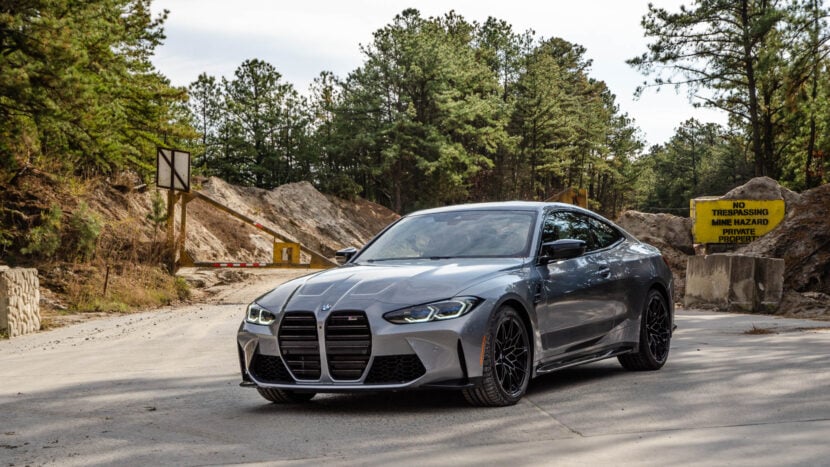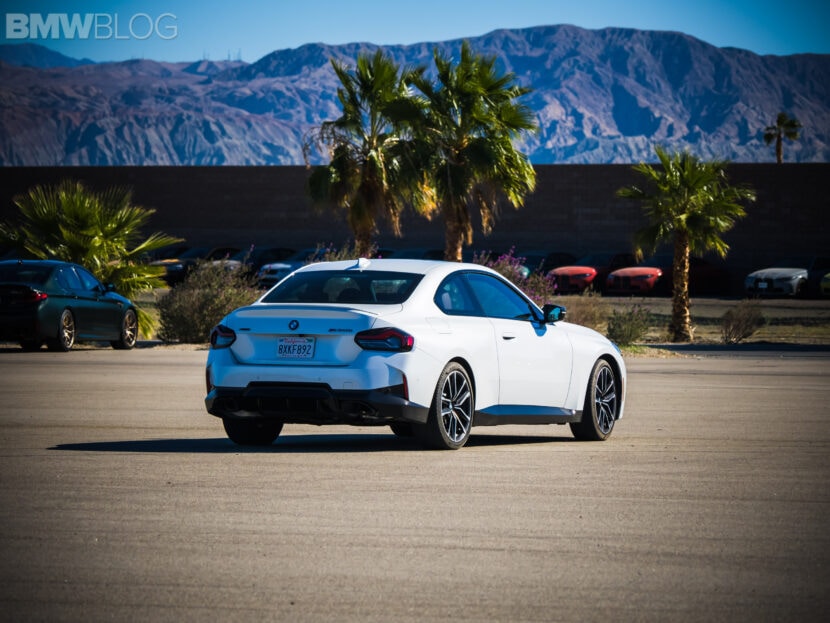Car shopping is tough. Even after you’ve found a car that ticks all the boxes on your list, you still have lots of decisions to make. One of the most common, and often misunderstood, is: lease or buy your BMW? Some people like the flexibility that a lease offers, as well as being able to “afford” much more “car-per-payment”. Others see it as short-term and prefer the long-term financial benefits of financing or purchasing a car outright. Today we’ll look at BMW leasing and buying, and hopefully answer the most common questions.
Pros of Leasing
The biggest benefit to leasing is the fact that you can essentially walk away from a car at the end of three years (at least, in principle). So, if you get bored with cars relatively quickly, or always want the latest and greatest, this is a huge benefit. Returning your car at the end of your lease essentially the way you got it with no mileage overages means you can turn in your car with zero additional cost. Small caveat: BMW charges a $350 “disposition fee” if you turn in your lease and don’t purchase or lease another BMW afterwards. In some cases, you’ll even find yourself in an equity position in a lease, which will allow you to trade into a newer car before your lease term is up and sometimes at a steep discount.
Another benefit is that the car isn’t yours – essentially, you’re “renting it” from the dealer. So if you get into an accident and spill a bowl of cereal all over the dash, or go lots of miles without an oil change – it isn’t your problem once you turn the car in. Providing there are no visible defects or service due when you turn it in, you’ll never realize any real financial loss.
Plus – the most obvious – it’s cheaper! The payments are traditionally much lower on a lease than a finance option, as you’re only paying a percentage of the car’s MSRP. This allows payment-conscious buyers to get a lot more car for the money and is the difference between financing a 330i or leasing that sweet M340i.
Finally – and this one is specific to BMW – the maintenance items are free of charge on BMWs for the first 3 years and 36,000 miles. So, that’s couple of fluid and filter changes you don’t have to worry about, which is certainly money saved.
Cons of Leasing
The biggest downside to leasing is the mileage restriction. The highest lease BMW offers is 15,000 miles, but that also means that by the end of that term you’ll be outside of the free maintenance – one of the benefits to leasing a BMW. Mileage overages are calculated at the end of the lease term and can add up very quickly. Especially on more special cars, like an M3 or ALPINA, where the per-mile charge is higher. Another downside is that since the car is being essentially “rented”, you’ll never own it – which means you’ll always have a car payment.
Pros of Financing
The most obvious benefit of financing a vehicle is that it will eventually be paid off and you’ll own it – and there are many advantages to that. Chiefly among them is that the car will always have equity, and when you go to trade it in or sell it. Selling it also becomes much easier once it’s been paid off, as there’s only two parties involved – you and the buyer. Selling a leased vehicle is much more difficult. Another benefit is that you won’t have a car payment once the financing term has been completed – freeing up more cash to do whatever you want with. Financing also offers up a little bit more versatility in how you pay. Should circumstances change and you find yourself with an unmanageable car payment, you can usually refinance the loan.
Cons of Financing
Financing payments are much higher than lease payments, since you’re financing the entire cost of the vehicle and not just a percentage. It’s also unlikely to be in a position of equity in the first year or so of financing a car without a substantial down payment since the amount financed is much more than the price of the car after interest is calculated. And while the equity in a vehicle is nice, it can be very easy to lose if the vehicle is damaged or not taken care of well. And of course, older vehicles become much more prone to needing mechanical repairs – which can be a drain on your bank account, particularly in the case of BMWs.
Verdict: Leasing vs Financing a BMW
There are no wrong answers here. Long term – financing is the sounder financial decision. Even with extended ownership terms, the cost of maintaining a paid off vehicle is still cheaper than never owning one. However, there are intangibles that make leasing very beneficial, if it fits into your lifestyle. Leasing a vehicle means it’s always new and promises problem free ownership experience – which is important if you depend on your vehicle for everyday transportation.
Of course, if you’re working from home and only drive a few thousand miles each year, leasing also works since you’re only really paying for the miles you use. BMWs also have very high residuals, making them great lease candidates. But if you find yourself driving a lot – especially more than 15,000 miles a year – leasing probably isn’t going to work for you.
Ultimately – getting into a new BMW is a great experience, whichever financial option you choose. Share your thoughts below – did you lease, or buy?
In general, you need a higher credit score to lease a car than to finance one. For example, to lease a BMW, your credit score should be at least 700.
BMW dealerships usually have a sales quota for selling a certain number of new BMWs within the month. Therefore, salespeople are under a good amount of pressure during this time of the month, and many will be willing to negotiate a much better price at the end of the month simply to meet their quota.
With inventory still being tight, most of the BMW models are selling at MSRP. And because of the increased interest rates, all the BMW lease deals are now higher than in the last decade.
























































